GEMINI Executive Team
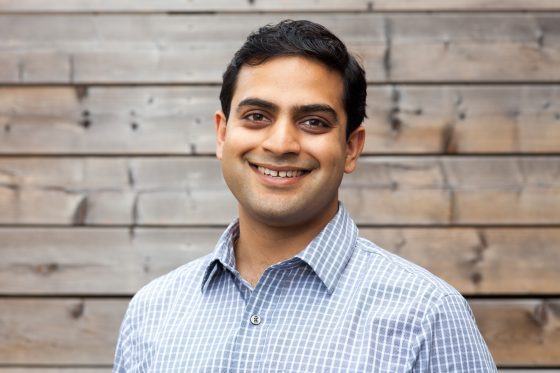
Co-Lead
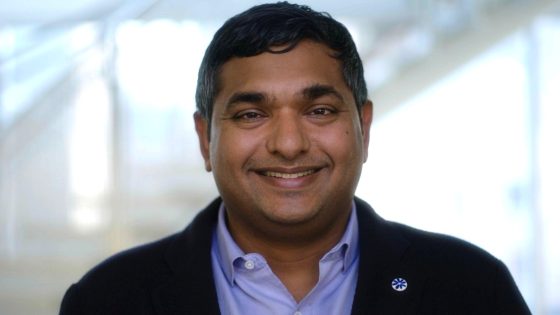
Co-Lead
Team Members
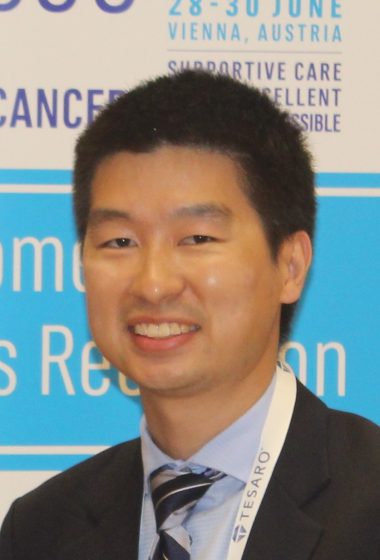
Medical Oncologist
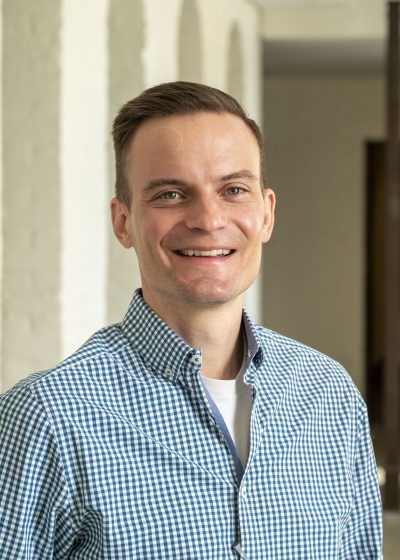
General Internist and Palliative Care Clinician-Scientist
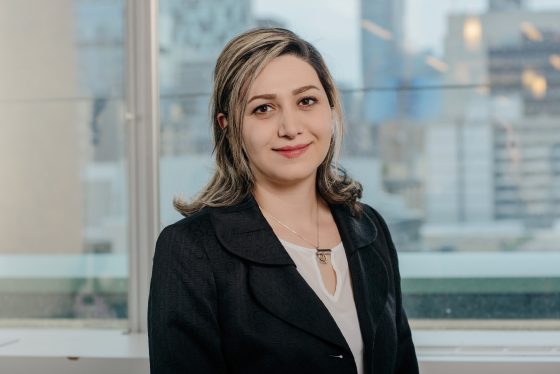
Assistant Professor, Faculty Affiliate
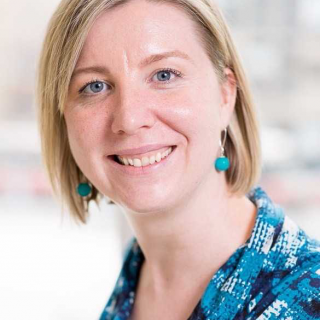
Psychiatrist


Co-Lead

Co-Lead

Medical Oncologist

General Internist and Palliative Care Clinician-Scientist

Assistant Professor, Faculty Affiliate

Psychiatrist

Co-Lead
I am an internal medicine physician and scientist at Unity Health Toronto and the Temerty Professor of AI Research and Education in Medicine at the University of Toronto.
I completed a BSc in Microbiology and Immunology at Dalhousie, medical school and residency at the University of Toronto, a Masters in Economic and Social History at the University of Oxford as a Rhodes Scholar, a 1-year interdisciplinary fellowship with the Canadian Frailty Network a 2-year research fellowship studying big data and advanced analytics in the Clinician Investigator Program of the Royal College of Physicians and Surgeons of Canada, and a 1-year fellowship in Artificial Intelligence and Compassion with AMS Healthcare.
I serve as a Provincial Clinical Lead for Quality Improvement in General Internal Medicine with Ontario Health, the Vice-Chair of the Researcher Council of the Digital Research Alliance of Canada, and was a member of the Council of Canadian Academies Expert Panel on Health Data Sharing. I received the 2023 Canadian Society of Internal Medicine New Investigator Award, the 2022 Royal College of Physicians and Surgeons of Canada Early Career Leadership Award and the 2022 Canadian Institutes of Health Research’s early career Trailblazer Award in Population and Public Health Research.
I am near the ocean.

Co-Lead
I am a hospital-based general internist at St Michaels Hospital and Scientist at the Li Ka Shing Knowledge Institute. I am co-lead of the GEMINI program. I am also the Provincial Co-Lead, Quality Improvement in General Internal Medicine at Ontario Health, and I find this a great fit for my clinical work and research focus.
At the University of Toronto, I am an Assistant Professor in the Department of Medicine and Institute of Health Policy, Management and Evaluation. I am a member of the Ontario COVID-19 Science Advisory Table.
My training includes a degree in Engineering Science (Biomedical Engineering), Medical Doctorate, Residency and Fellowship in General Internal Medicine at the University of Toronto. I was the first physician appointed as a David E. Bell Fellow at Harvard University and my post-doctoral training focused on social determinants of health and population health through use of large datasets.
Notable research recognitions at the University of Toronto include the Dean’s Emerging Leader Award, the President’s Impact Award, and being named a Senior Fellow at Massey College. I received the Canadian Society of Internal Medicine’s New Investigator Award and the Graham Farquharson Knowledge Translation Fellowship from the PSI Foundation. I have received >$65 million in grant funding as Principal Investigator from sources such as CIHR, NSERC, and the Canadian Cancer Society. I have published >100 peer-reviewed publications (h-index 35, >50 as first/senior author), including in high impact journals such as JAMA, the BMJ, PLOS Medicine and PNAS as first/senior author.
I am a Canada Research Chair in Data-Informed Health Care Improvement and Associate Professor at the University of Toronto. I serve as a Provincial Clinical Lead for Quality Improvement in General Internal Medicine with Ontario Health, and am Vice-President Research at the Canadian Society of Internal Medicine. I am on the advisory board of the BMJ.
I was the Scientific Director of the Ontario COVID-19 Science Advisory Table and co-authored >50 science and policy briefs that shaped the policy, public health and clinical response to the COVID-19 crisis. I am a member of the Federal Expert Panel on Science Advisory and Research convened by the Minister of Health.
I can see something grow that I have nurtured and cared for. For GEMINI, I feel inspired as I see our team grow stronger and more skilled in striving to achieve the complex and broad goals we have set for ourselves.

Medical Oncologist
University of Toronto
Dr. Lawson Eng, MD, SM, FRCPC is a Medical Oncologist at the Princess Margaret Cancer Centre and Assistant Professor in the Department of Medicine, University of Toronto. He completed his medical school, internal medicine and medical oncology residency at the University of Toronto and completed his fellowship through the Royal College – Clinician Investigator Program where he jointly completed a Master of Science (SM) at the Harvard School of Public Health in epidemiology focusing on population-level data, data science and outcomes research, and his clinical and research fellowship at the Princess Margaret Cancer Centre.
His clinical practice focuses on lung, gastrointestinal and head and neck cancers. His research interests are in cancer survivorship and supportive care with a focus on health behaviours (in particular, tobacco control), patient-reported outcomes, real-world population-level data, outcomes research and health services research with a goal towards improving the care of cancer survivors. He currently holds a Hold’Em for Life Early Career Professorship in Cancer Research and is currently the Ontario Health – Cancer Care Ontario – Smoking Cessation Regional Lead for Toronto Central South (Princess Margaret Cancer Centre) where he is responsible for the delivery of smoking cessation across the region and he also serves on the Ontario Health – Cancer Care Ontario – Smoking Cessation Research and Knowledge Translation Committee, and the International Association of the Study of Lung Cancer (IASLC) – Tobacco Control and Smoking Cessation Committee as the Research Sub-group co-chair. Furthermore, he is involved in the Multinational Association of Supportive Care in Cancer – Research Committee, Survivorship Working Group and Disparities Task Force. To date, he has published over 75 manuscripts and has over 170 abstract presentations at international meetings. He has received multiple American Society of Clinical Oncology (ASCO) Merit Awards, Novartis Oncology Young Canadian Investigator Awards, an ASCO Young Investigator Award (2020), an IASLC Early Career Award, a MASCC Young Investigator Award (2018), the 2019 Canadian Association of Medical Oncology (CAMO) Fellowship Award and a Canadian Institutes of Health Research (CIHR) Publication Prize, CIHR Fellowship Award and CIHR Early Career Researcher Award. His research has been funded by CAMO, ASCO, CIHR and the Canadian Cancer Society Research Institute.

General Internist and Palliative Care Clinician-Scientist
Sinai Health
Dr. Kieran Quinn is a General Internist and Palliative Care Clinician-Scientist at Sinai Health at the University of Toronto. He uses advanced analytic methods to improve end-of-life care for people with noncancer illness and the care of people with post COVID-19 condition (long COVID). Dr. Quinn advised the provincial government as a member of the Ontario Palliative Care Network and as Assistant Scientific Director for the Ontario Science Advisory Table. He co-led the establishment of Canada’s national long COVID research network, was an expert member of the National Task Force on post COVID-19 condition and is a co-chair for the development of national clinical practice guidelines for the treatment of long COVID. His early research success includes over 100 publications and more than $29 million dollars in competitive grant funding. He has mentored 14 trainees who have published and won several awards for their work together.

Assistant Professor, Faculty Affiliate
University of Toronto
Elham Dolatabadi is an Assistant Professor at the School of Health Policy and Management in Machine Learning and Health Informatics at York University and a Faculty Affiliate at Vector Institute. Prior to this, she was a Scientist and Health Lead at Vector Institute, where she led various large-scale projects in collaboration with hospitals, government, and private sectors in Ontario and Canada to deliver innovative AI solutions for real-world healthcare problems. Her interdisciplinary research harmonizes innovations in health informatics and machine learning to address complex challenges influencing human health and to reduce health disparities. In particular, her interest revolves around the three core pillars of multimodal learning in health, health equity analysis using causal mechanisms, and ambient intelligence. She is actively involved in various application domains stemming from these pillars, including characterizing Post-COVID-19 Condition (PCC) in Canada, improving youth mental health, building an early warning system for mental health crisis, and responsible development and deployment of clinical AI models.

Psychiatrist
University Health Network
Dr. Kathleen Sheehan is a staff psychiatrist with the medical psychiatry program at the Centre for Mental Health-University Health Network. She is the principal investigator on several research projects and has been awarded grants from the Heart and Stroke Foundation of Canada and the University of Toronto.
Dr. Sheehan is a graduate of the Michael G. DeGroote School of Medicine at McMaster University and completed her psychiatry residency at the University of Toronto. Dr. Sheehan completed her B.Sc. in Neuroscience at the University of St. Andrews and subsequently obtained both her Masters in Neuroscience and Doctorate in Social Psychiatry at the University of Oxford.
Her clinical interests are in the fields of consultation-liaison psychiatry and psychotherapy. Her research focuses on quality of health care for individuals with co-occurring physical and mental illnesses, especially in the areas of stroke and delirium, as well as issues at the intersection of ethics, law and mental health care